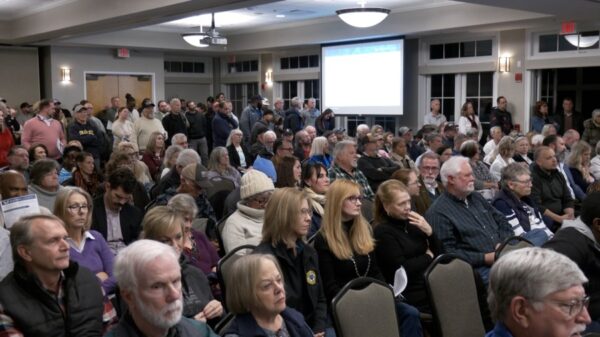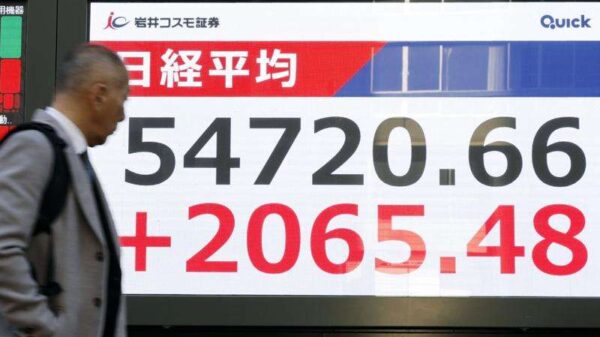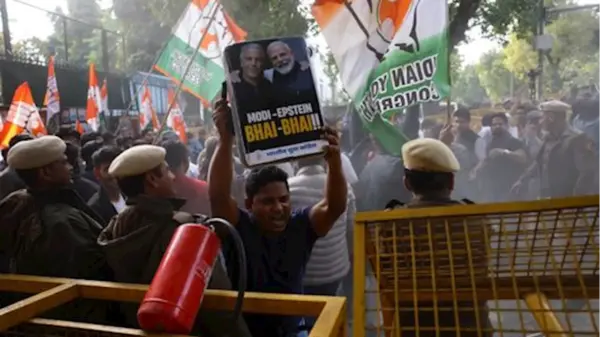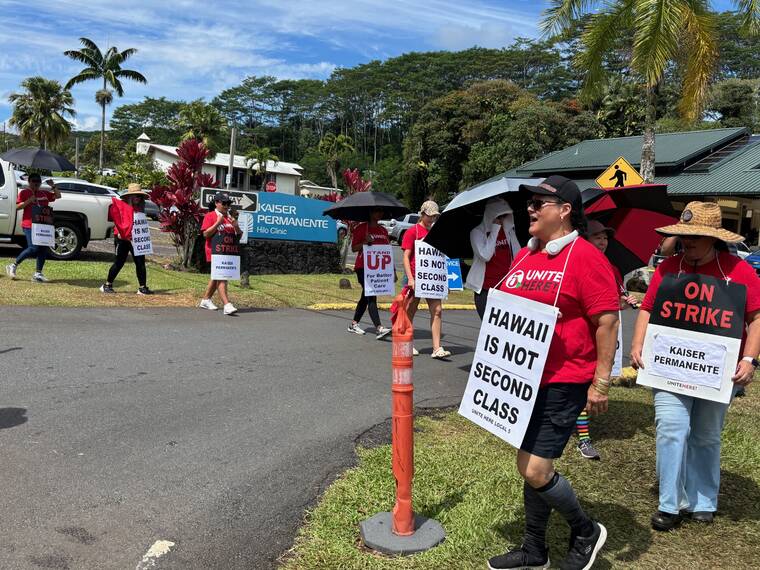About 15 employees picketed outside the Kaiser Permanente clinic in Hilo, Hawaii, on Thursday, marking the third day of a labor strike initiated by members of the Alliance of Health Care Unions. Workers are demanding improvements in staffing levels, benefits, and pay amid ongoing negotiations that have been active since April. The contract between the union and Kaiser Permanente expired on September 30, 2023, leading to the current strike.
The strike is organized by Hawaii’s Unite Here Local 5, which represents over 1,900 Kaiser workers across the state. The union is part of a broader alliance that includes tens of thousands of Kaiser workers in both Hawaii and California. Keokilani Keliikuli-Teixeira, an OB/GYN medical assistant at the Hilo clinic for 20 years, described the situation as “nerve-wracking, very concerning and … very scary.”
Keliikuli-Teixeira noted that approximately 30 picketers are participating in shifts from 07:30 to 17:30, Tuesday through Sunday. She emphasized the need for fair compensation, stating, “Our pay increases have not been able to reflect what’s going on in our economy. We’re pretty far behind.”
While the current strike is set to conclude on Sunday, Keliikuli-Teixeira believes that the issues at hand are unlikely to be resolved by that time. A continuation of the strike would necessitate a new vote from union members and a 10-day notice to Kaiser, as explained by Local 5 Financial Secretary and Treasurer Cade Watanabe. He stressed the importance of addressing not only wages but also staffing and workload concerns, saying, “We’re committed to bargaining.”
The consolidation of the Kaiser Permanente Hawaii region with its Southern California counterpart has contributed to the challenges faced by local workers. Keliikuli-Teixeira remarked that decision-makers are often “an ocean away from the actual employees themselves,” which affects how their needs are considered. “It’s a lot of number-crunching, a lot of watching how much money we were making them. We’re not people anymore,” she said.
Carole Abe, a primary care medical assistant at the Hilo clinic for 23 years, echoed similar sentiments. She expressed concern about the pay disparity, noting that Hawaii Kaiser workers earn up to 30% less than their counterparts on the mainland. “My husband and I both work, but we’re always relying on paycheck to paycheck,” Abe explained. “It’s unfair. Hawaii’s not second class, you know? We’re under the same company and do the same work.”
Kanoe Arai, a licensed practical nurse in pediatrics at the Hilo clinic for a decade, highlighted the additional burden placed on local staff. “Being a small clinic, we all kind of pick up multiple roles,” Arai said. “The mainland Kaisers have extra staff in the department to do those jobs, so we do, like, three times as much as them.”
In response to the strike, Kaiser Permanente has issued a statement assuring plan members that hospital services, emergency departments, urgent care centers, and most clinics remain operational. The statement highlighted that laboratory and pharmacy departments are prioritizing urgent needs to ensure timely care. Kaiser officials expect to return to full operations next week and expressed gratitude to employees who continue to support operations during the strike.
“We are deeply grateful to the many dedicated employees who continue to support our operations with care and commitment,” the statement read. “Together, we are ensuring our members experience aloha, receive the high-quality care they deserve, and the continuity of care they always get from us — because caring for Hawaii’s people like family is at the heart of everything we do.”








































































